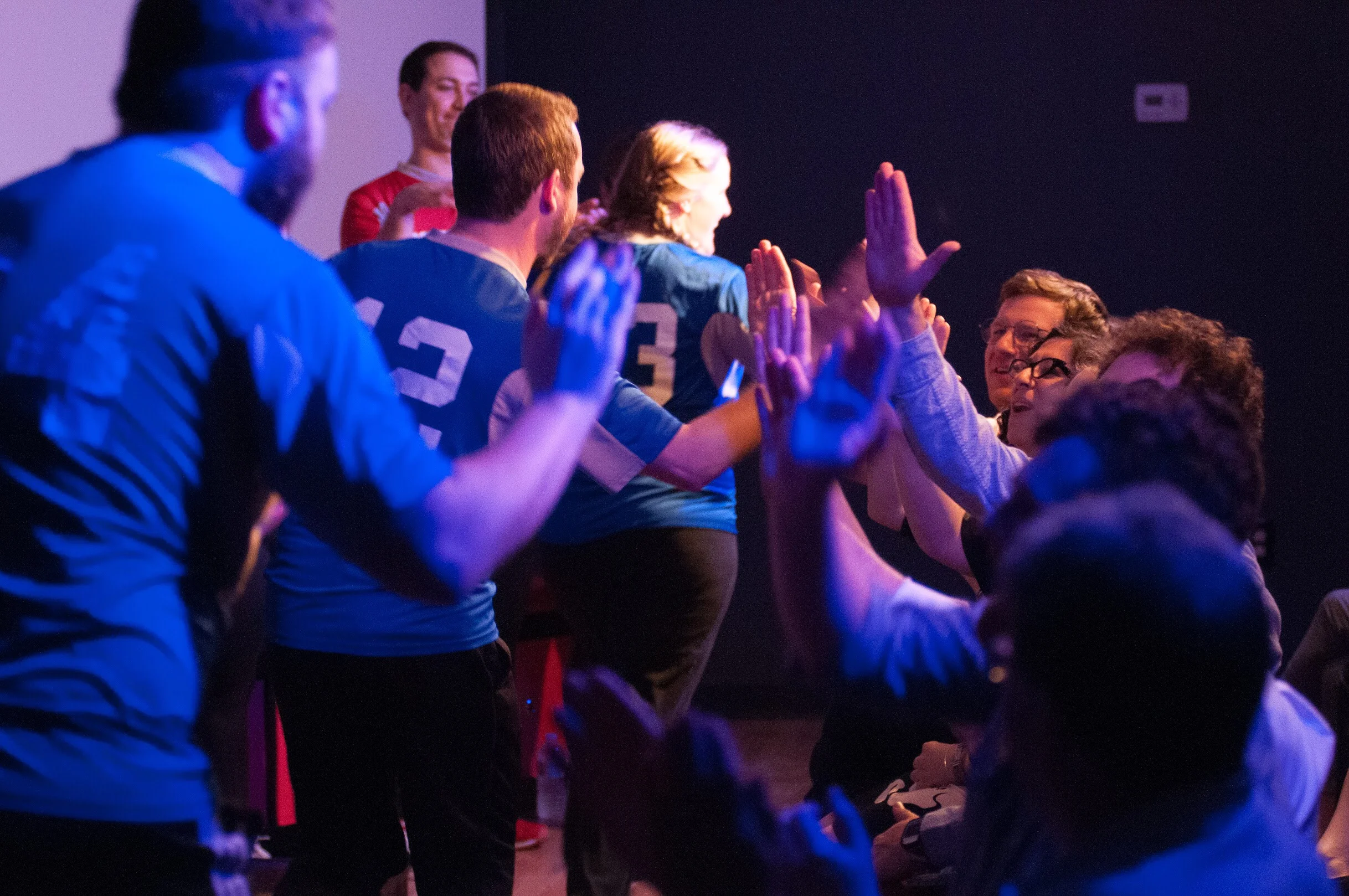That feeling when you meet someone for the first time, and instead of getting their email, they write down their phone number. “Give me a call on Wednesday. After 3pm works!”
If this is even slightly panic-inducing, keep reading.
Correspondence is one of the most convenient experiences today. I’m talking about the luxury of responding to someone’s pointed questions or ideas when we want, how we want, with as much time as we need to craft the perfect response.
Email, text, chat, comments, and DMs - all at your disposal.
I leverage this technology often - craft emails while on the T, ping teammates on Slack, and shoot texts to my best friend while waiting in lines.
It’s convenient; an efficient way to communicate. And yet, as convenient as these tools are, the increasing reliance on doing what’s efficient (and if we’re being honest, easy) puts us in danger of weakening our real-time communication muscles.
What do I mean by real-time?
Having a tough conversation with a friend
A phone screening with a prospective employer
Presenting quarterly results to your client
An emotionally charged conversation regarding a group project that has sucked the life out of you
While there are a myriad of creative workarounds to avoid those real-time situations - and nerves/panic/anxiety - consider the possibility that what is efficient may not always be what’s effective.
By sacrificing the ability to see microexpressions, hear tone of voice, adjust our own tone, and meet others with the chance to give or see vulnerability and empathy, we risk losing opportunities to have impact. Big impact. Fun, transformative, inspiring, necessary, path-altering impact.
That’s right. I’m saying that choosing to tap-tap-tap out your feedback in a lengthy email vs. having a face-to-face conversation could make all the difference when trying to win that contract or get that next promotion.
ComedySportz night @ The Rozzie Square Theater
For an improviser performing comedy based on only suggestions we receive from the audience, we have seconds to make good on that promise. We take no time to prepare; the luxury of crafting The Most Perfect Scene does not exist.
Instead, we call upon a highly-refined set of skills and habits based in observing, connecting, and responding. (hat tip: Pat Short, Portland)
Pro Tip: The best professional improv comedians don’t “wing it.”
We access a system that is practiced regularly with our teammates, and that’s how we make comedy.
It’s how we swiftly and seamlessly work together to engage audiences immediately. It’s how we’ve kept them coming back laughing for the past 35 years to see ComedySportz in now 30 cities across the U.S. and Europe, as the widest-reaching, all ages-friendly live comedy show in America.
The inner workings of how professional improvisers develop these skills can be your best advantage for growing your leadership acumen. Not everybody wants to perform improv comedy, but anyone can benefit from the foundation improvisers learn in order to create something out of nothing for a room full of people. It’s also a lot of fun.
As digital communication tools become more available, the need to tune-up and level-up our real-time communication skills demands our full attention.
Why There is No Substitution
There is no shortage of blogs, books, podcast interviews, and Inc.com articles that tell us the How To (...the irony of this post itself is not lost on me, dear reader).
Reading/listening is how we discover and pique curiosity! However, if you’re interested in mastering something, it requires a 360 degree, progressive approach: Observe. Give and receive feedback. Set stretch goals. Do hard stuff often. Do new stuff regularly. Re-teach it. And yes - DO it.
You get better by doing.
You get better. By doing.
The skills you develop in your career as a leader - feedback, recovering from failure, learning when to lead and when to follow, resiliency, emotional intelligence - are skills that come over time, with practice. Practice is key.
Improvisers know we get better at improv by doing it, not talking about it.
In the same way, you get better at navigating the unknown, managing surprises, and assessing risk when you practice until it becomes instinctual. A habit. A skill.
There’s no substitution for that experience.
If you want to start testing the waters of these skills, our Level 1 improv spring classes (our foundation 8-week series) start up April 3rd! You should plan to be there. Or learn more. Chat at me if you have questions.
I’ll be holding my session “The Top 5 Habits and Skills of Improvisers: How to Make Them Your Best Advantage While Navigating the Unknown” at this year’s GLOW Career and Empowerment Conference on Saturday, March 23rd, 2019 @ 11:30a.
If you are committed to leveling and tuning up your communication and leadership skills, this workshop is for you.
Not only will you get to try on the skills and practice in a low stakes, supportive environment, it’s fun and you’ll meet people. It’s the benefit of going to these live events - actually meeting people and seeing where it takes you. Join us.
About Courtney
As a professional improviser for over 18 years, Courtney has led team building workshops and provided entertainment and entertainment programming for Fortune 500 companies such as PricewaterhouseCoopers, Deloitte, eBay and PayPal. Since 2001, she has been a performer and educator with CSz Worldwide. She hails from San Francisco, CA, and is currently the owner and General Manager of CSz Boston. She is an okay runner, mediocre rock climber, and dust-intolerant.




